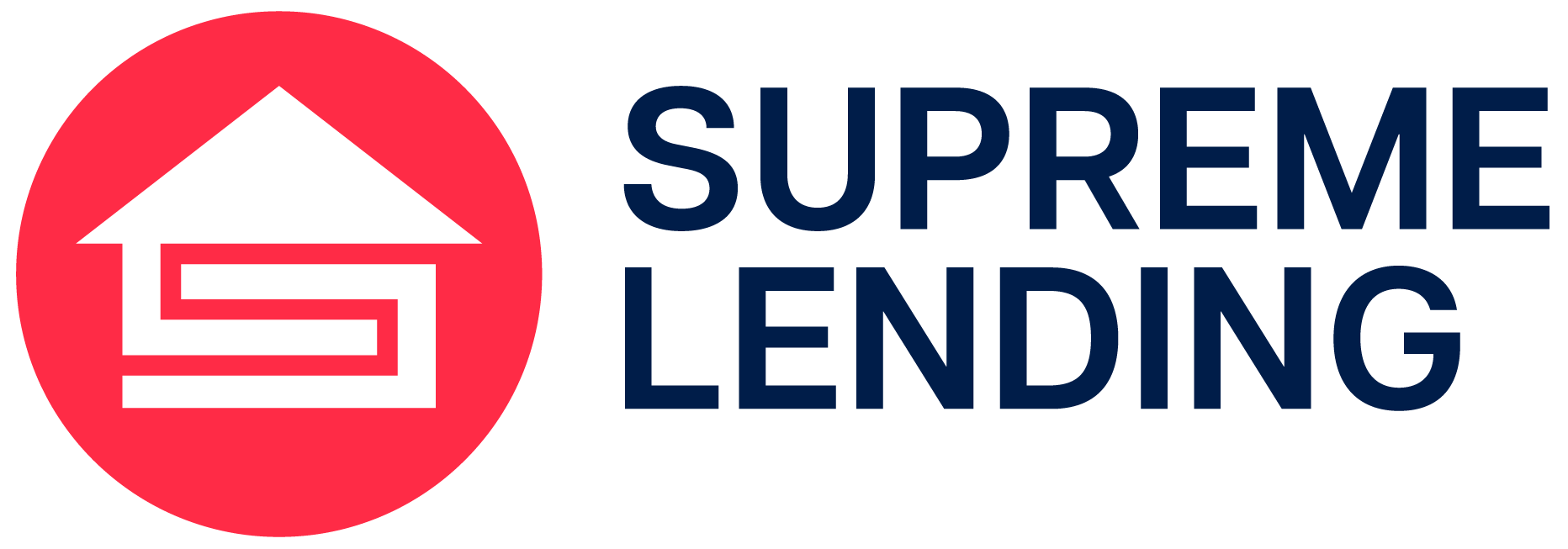
If you’re a homeowner looking to gain access to the equity you’ve built in your home, you’ve most likely heard about cash-out refinancing,* also commonly known as cash-out refi loans. These offer a useful way to access cash by refinancing your current mortgage. But there’s more to the process than that! What exactly are cash-out refinance loans, and when do they make the most sense? Here’s an overview to gain a comprehensive understanding of cash-out refinancing, potential benefits, and different scenarios to consider.
How Cash-Out Refinancing Works
A cash-out refi loan is a refinancing option where you replace your existing mortgage with a new, larger loan than what you currently owe. The difference between the new loan amount and your existing mortgage balance is paid to you in cash. This allows you to tap into your home equity, which is the portion of your property’s value that you own outright.
Scenarios When Cash-Out Refinancing May Be Beneficial
1. Home Improvements
A popular reason homeowners opt for cash-out refi loans is to fund home renovation projects and upgrades. For example, if your home needs a new roof, a modernized kitchen, or an additional bathroom, using the equity in your home to finance these projects may be a smart move. Home improvements can not only enhance your living space but may increase your property’s value.
2. Pay Off High Interest Debt
Another practical use for a cash-out refinance is to pay off other high-interest debt, such as credit card balances or personal loans, potentially allowing you to roll it into a new mortgage with a lower rate.
3. Education Expenses
If you or a family member is planning to attend college, a cash-out refinance may help provide funds to cover tuition and other education-related expenses. This may offer a more affordable, manageable option compared to student loans, while helping build a brighter future.
4. Emergency Funds
Life is unpredictable, and having access to emergency savings can provide peace of mind. Cash-out refi loans could be used to create that financial safety net set aside for unforeseen expenses, such as medical bills or urgent vehicle or home repairs, offering a potential alternative to using high-interest personal loans or credit cards.
When Cash-Out Refi Loans May Not Be Ideal
1. High Closing Costs
Doing a cash-out refinance comes with associated closing costs, which can typically range from 2% to 6% of the loan amount. If the closing costs outweigh the benefits of refinancing, it may not be the best option. It’s important to ensure that the cash-out amount or potential return on investment can justify the closing cost amount.
2. Increased Monthly Payments
Refinancing into a larger loan amount may increase your monthly mortgage payments, especially if you do not secure a lower interest rate. It’s important to know how your monthly payment may change and be prepared to handle any increases.
3. Extended Loan Term
In some cases, a cash-out refinance can extend your mortgage term,. This may offset the potential increase in your monthly payment. However, it also means you might be paying more interest over a longer period of time.
As there are several common reasons to refinance a mortgage, cash-out refi loans may be a strategic way to gain access to your home equity and fund several initiatives. It’s important to understand what all goes into the refinancing process, such as closing costs, potentially increased monthly payments, and extended loan terms.
Ready to explore if a cash-out refinance is right for you? Getting pre-qualified can provide an estimate on how much cash you can take out and a breakdown of your potential refinancing expenses to help you make an informed decision. Contact our expert team today to discuss your mortgage options.
*By refinancing an existing loan, total finance charges may be higher over the life of the loan.
